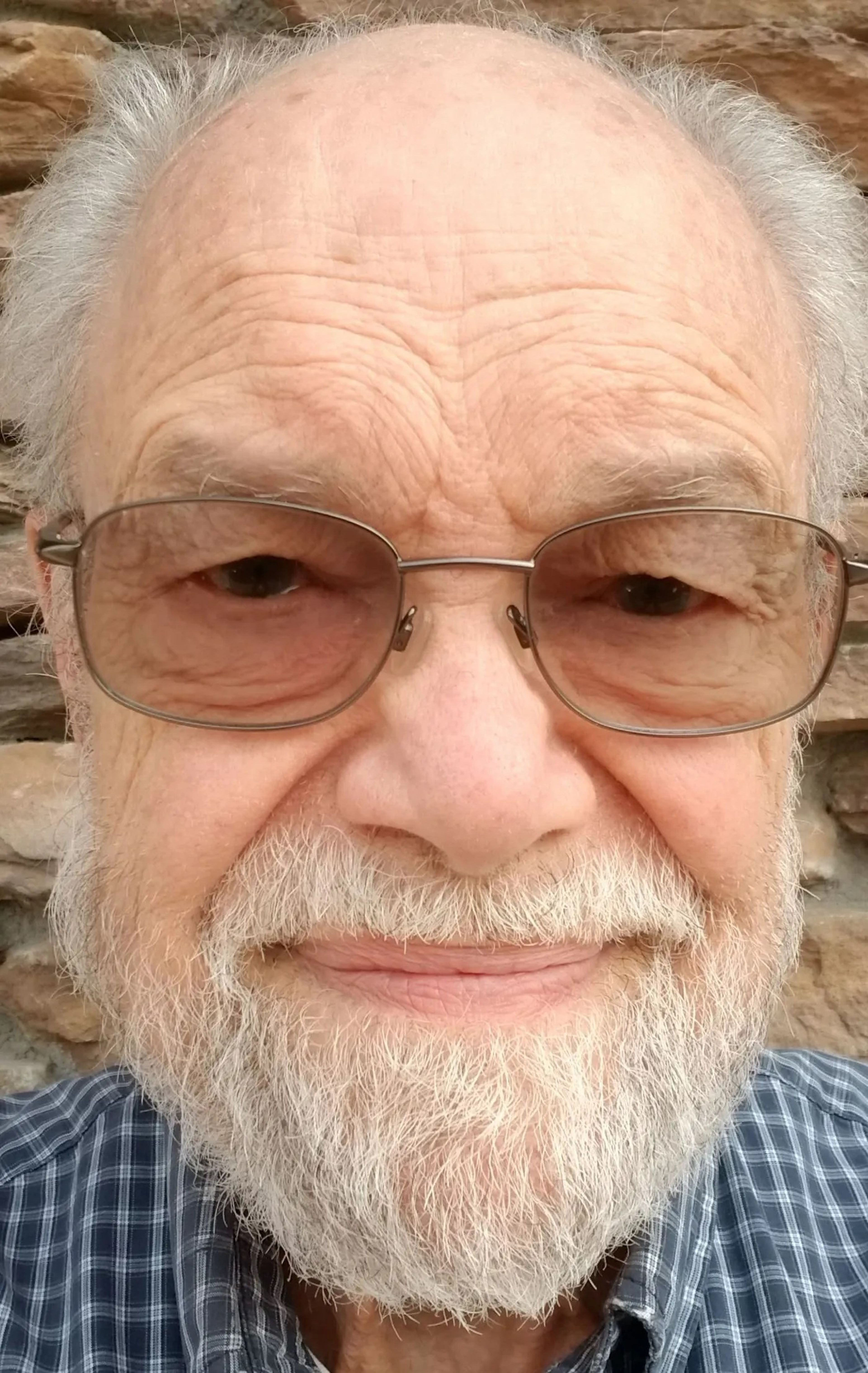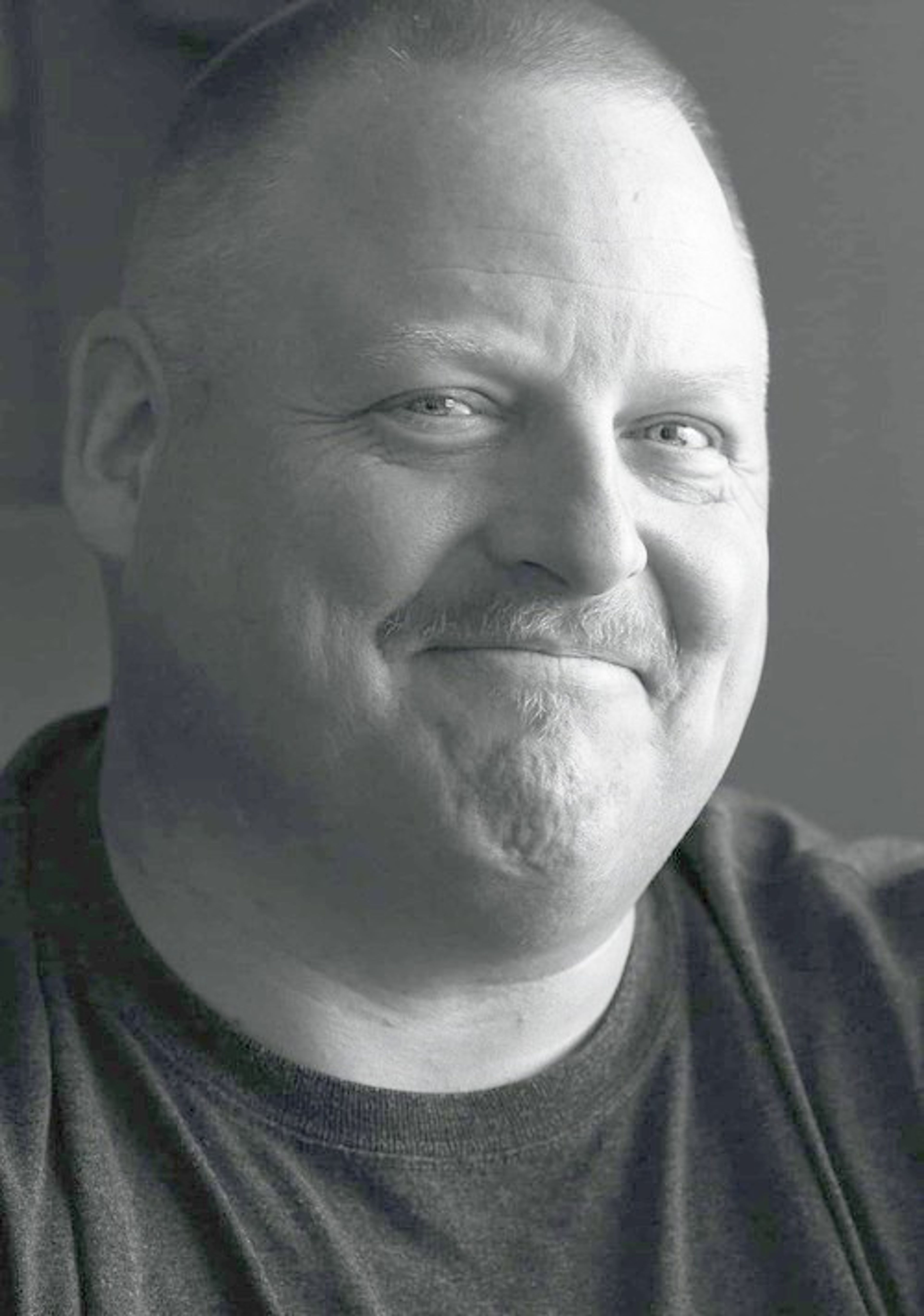I write this as the 29th United Nations Climate Change Conference wound down.
As a city boy at summer camp, I often sat alone in woodlands of the eastern deciduous forest. Just sitting quietly, watching and listening, spoke to me. I felt, I intuited, something indescribable, yet palpable. I’d never heard of ecology, yet somehow I felt the interactions of living and nonliving things surrounding me. German scientist Ernst Haekel first used “ecology,” in 1866. It’s the study of interrelationships among organisms and their environments. Homo sapiens is only one of myriad organisms interacting and sharing Earth with us.
Before and during the turn of the 20th century, naturalists like John Muir advocated preserving American wilderness, believing nature has intrinsic value. Henry David Thoreau put it succinctly: “In wildness is the preservation of the world.” Muir and others were part of the conservation movement that established our national forests and parks. Native American traditions deeply honor spiritual connections between humans and nature, as have many world religions. Such traditions often illumine, complement and amplify observations of scientists and naturalists.
As an English major in college, I was attracted to 19th-century literary naturalists. After a brief writing career, I parlayed those literary interests into a master’s degree in wildlife biology. This led to a doctorate in systems ecology, a then-new field using computer models to simulate inner workings of ecosystems and how those systems respond to environmental disturbances.
In various positions with federal, state and Native American government agencies I’ve helped design, create, implement and teach methods for analyzing and monitoring environmental impacts. I’ve been studying ecology professionally and informally for six decades.
In 1941, following the outbreak of World War II but long before global warming was on the horizon, a religious leader in the Holy Land wrote these prescient words to followers in the United States: “[T]he world is, in truth, moving on towards its destiny. The interdependence of the peoples and nations of the earth, whatever the leaders of the divisive forces of the world may say or do, is already an accomplished fact.”
The United Nations formed four years later. Imperfect as it is, the UN has proved itself a formidable force for improving conditions of health, education and welfare of unnumbered populations the world over, especially women and children. Today, barring possible thermonuclear war, the granddaddy of all global threats is climate change.
Changing climates have taken us well beyond ecosystems into and throughout biomes (regional climatic zones containing multiple ecosystems), and on to the entire planet, land and sea: Planet Earth continues to warm.
Or does it? Depends on who you ask.
Long before the Intergovernmental Panel on Climate Change (IPCC) was formed in 1988, global scientists had already begun sharing their independent efforts to document global warming. With IPCC coordination, that number has burgeoned across many related scientific fields far beyond, but still relevant to, climate science.
Their single purpose is to document Earth’s warming trends, ramifications of those trends and their implications for humankind’s future. Precise estimates of speed, locations and similar details vary, but scientific consensus is clear: Humans generating greenhouse gasses are warming Earth, and the pace of warming is accelerating.
Yet, last month The Cooldown reported on a study that identified 137 U.S. organizations that received nearly $6 billion in tax-deductible contributions between 2020 and 2022 to spread lies to the public: “Their goal is to run out the clock and keep extracting their profits.”
The 32-page report, “Fossil Fuel Philanthropy,” is subtitled “How Taxpayer-Subsidized Charities Promote Climate Change Disinformation and Stall Urgent Action.” Exxon-Mobile knew about climate change a decade before the IPCC was formed, but denied it when questioned. A lot depends on who you ask about climate change.
As Earth warms, our interdependence increases. How much more warfare — military, political, economic, cultural, any kind — will it take to bring us to our collective senses? All humanity, homo sapiens, is a single species comprising infinite capacities, cultures and beauty. How can we marshal our potential to coexist in peaceful prosperity?
While 19th century American naturalists and authors extolled wilderness, others looked beyond wilderness toward the larger vista of planet Earth. They encapsulated humankind’s responsibilities toward that wilderness, toward Earth itself, and toward each other, responsibilities transcending race, religion, culture, nationality, political inclinations — whatever drives us apart. Humankind must work to heal the divisions, to restore the planet that supports us. As another 19th century visionary encapsulated these issues, “The earth is but one country, and mankind its citizens.”
Haug and his editor and wife, Jolie, work together on many projects. Contact Pete at petes.pen9@gmail.com. His internet posts are at https://favs.news/author/petehaug/.








